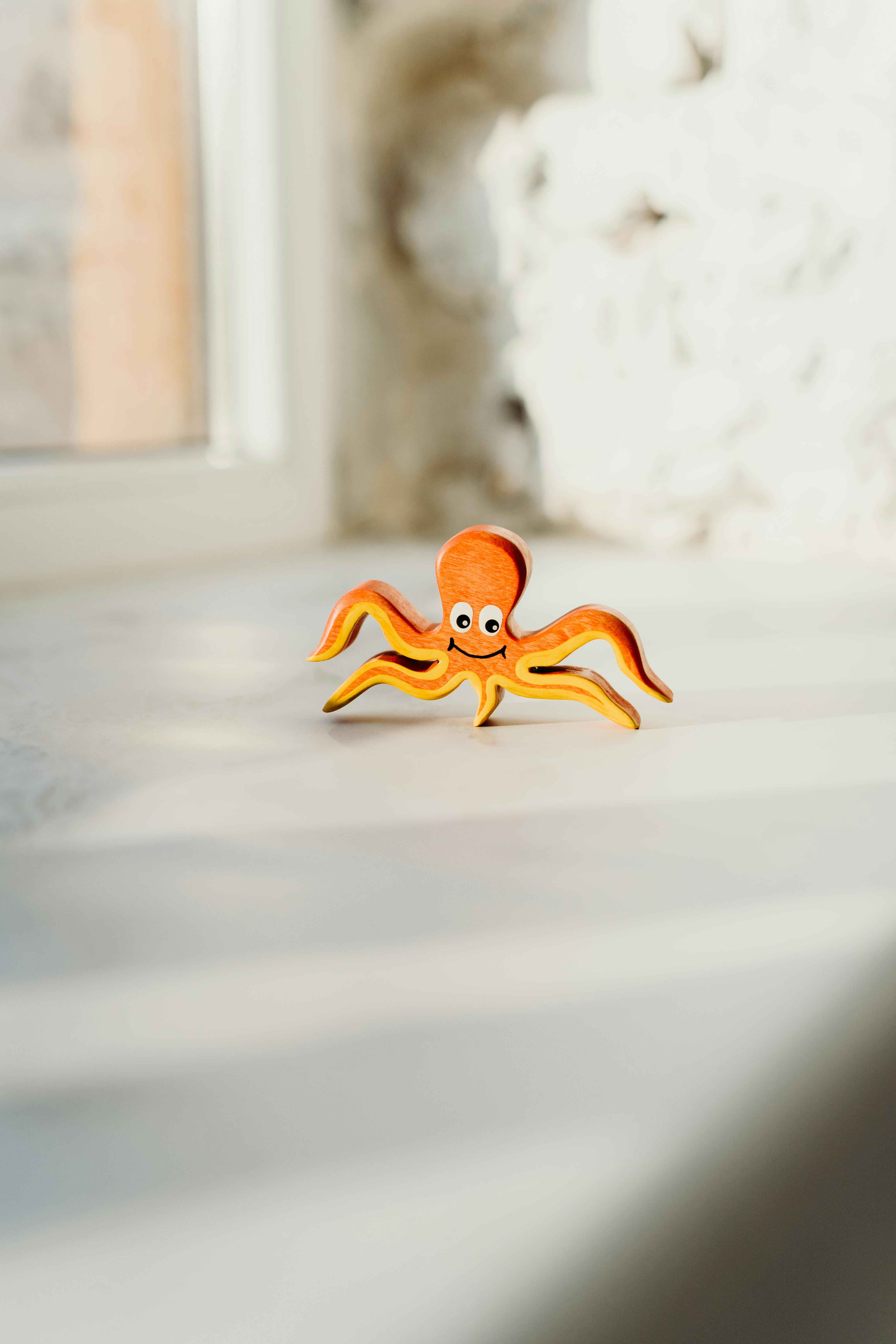The Surprising Intelligence of Cephalopods: Octopuses, Squid, and Cuttlefish
Beneath the waves, a group of marine creatures has been quietly challenging our understanding of animal intelligence. Cephalopods, including octopuses, squid, and cuttlefish, are proving to be far more than just tentacled oddities. These fascinating invertebrates possess remarkable problem-solving abilities, complex communication systems, and even the capacity for tool use. Join us as we dive into the captivating world of cephalopod cognition and explore how these ocean dwellers are reshaping our perception of animal intelligence.

The Evolution of Cephalopod Intelligence
Cephalopods have been evolving for over 500 million years, diverging from other mollusks and developing unique adaptations. Their intelligence is believed to have emerged as a response to complex environmental pressures and the need to survive without the protection of a shell. This evolutionary path led to the development of large, complex brains and sophisticated nervous systems that allow for rapid learning and problem-solving.
Unlike vertebrates, cephalopods have a decentralized nervous system, with a significant portion of their neurons located in their arms. This unique arrangement allows for both localized and centralized decision-making, contributing to their remarkable flexibility and adaptability. The development of chromatophores, specialized cells that allow for rapid color changes, has also played a crucial role in their cognitive evolution, enabling complex communication and camouflage abilities.
Problem-Solving and Tool Use
One of the most striking aspects of cephalopod intelligence is their ability to solve problems and use tools. Octopuses, in particular, have been observed manipulating objects in their environment to achieve specific goals. In laboratory settings, they have successfully opened childproof pill bottles, unscrewed jar lids, and even constructed shelters using coconut shells.
These problem-solving abilities extend beyond simple manipulation. Cephalopods have demonstrated the capacity to learn from observation and apply that knowledge to new situations. In one famous experiment, an octopus watched another octopus solve a puzzle to obtain food, then successfully replicated the solution on its first try. This ability to learn through observation and apply that knowledge is a hallmark of higher intelligence typically associated with mammals and birds.
Communication and Social Behavior
While often thought of as solitary creatures, recent research has revealed complex social behaviors in many cephalopod species. Cuttlefish and squid, in particular, have been observed engaging in sophisticated communication using rapid changes in skin color and patterns. These visual displays can convey information about mating intentions, warnings to rivals, and even coordinated hunting strategies.
Some species of octopus have also shown unexpected social tendencies. The recently discovered larger Pacific striped octopus, for example, has been observed living in groups and exhibiting behaviors previously thought impossible for octopuses, such as mating face-to-face and sharing dens. These findings challenge our understanding of cephalopod social structures and suggest that their communication abilities may be far more advanced than previously believed.
Memory and Learning
Cephalopods possess remarkable learning and memory capabilities. Studies have shown that they can remember the solutions to problems for months, even after solving them only once. This long-term memory is particularly impressive given their relatively short lifespan, which typically ranges from 1-5 years depending on the species.
Their capacity for learning extends to various tasks, including navigating mazes, distinguishing between different shapes and patterns, and even recognizing individual human faces. In laboratory settings, octopuses have demonstrated the ability to learn from their mistakes, improving their performance on tasks over time. This adaptability and quick learning make them excellent subjects for cognitive research and challenge our assumptions about the nature of intelligence in invertebrates.
Self-Awareness and Consciousness
Perhaps the most intriguing aspect of cephalopod intelligence is the question of self-awareness and consciousness. While it’s challenging to definitively prove consciousness in non-human animals, cephalopods have shown behaviors that suggest a level of self-awareness. For example, octopuses have been observed using mirrors to locate food items placed on their bodies, a behavior that some researchers interpret as a potential sign of self-recognition.
Furthermore, cephalopods exhibit play-like behaviors, engaging in activities that seem to have no immediate survival benefit. This type of behavior is often associated with higher forms of cognition and is typically seen in mammals and birds. The presence of these behaviors in cephalopods raises fascinating questions about the nature of consciousness and its evolution in diverse lineages.
Implications for Animal Welfare and Conservation
The growing recognition of cephalopod intelligence has significant implications for their welfare and conservation. In 2010, the European Union included cephalopods in its list of animals protected in scientific research, acknowledging their capacity for suffering. This decision reflects a shifting perspective on invertebrate cognition and raises important ethical questions about how we treat these creatures in captivity and in the wild.
As we continue to uncover the depths of cephalopod intelligence, it becomes increasingly crucial to protect their habitats and ensure sustainable fishing practices. The complex cognitive abilities of these animals suggest that they may be more vulnerable to environmental stressors and human activities than previously thought. Conservation efforts must take into account not just the ecological role of cephalopods but also their cognitive needs and potential for suffering.
In conclusion, the study of cephalopod intelligence is revolutionizing our understanding of animal cognition. These remarkable creatures are pushing the boundaries of what we thought possible for invertebrate minds, challenging our preconceptions about the nature of intelligence itself. As we continue to explore the underwater world of octopuses, squid, and cuttlefish, we’re likely to uncover even more surprises that will reshape our relationship with these fascinating animals and our understanding of the diverse forms intelligence can take in the natural world.






